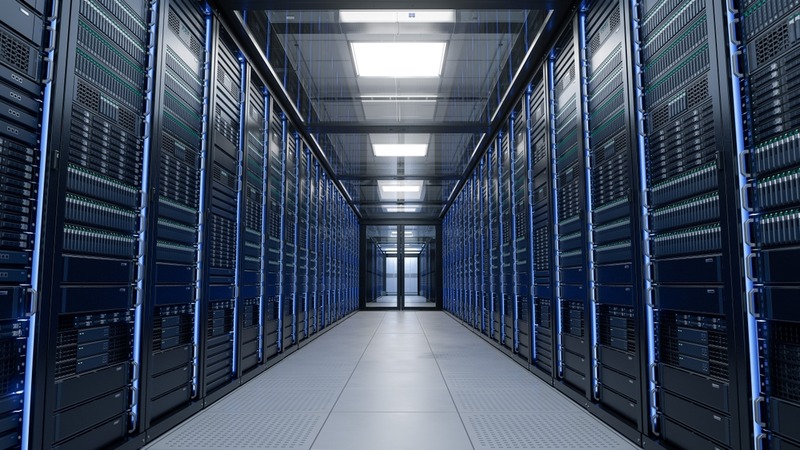
New legislation would reduce artificial intelligence (AI) data centers’ impact on the environment by managing energy consumption and lowering infrastructure costs, according to a bipartisan pair of senators.
The Liquid Cooling for AI Act of 2025 introduced on Nov. 20 by Sens. Dave McCormick, R-Pa., and Chris Coons, D-Del., would implement liquid cooling technology as a more efficient method of cooling AI data centers.
“As our nation pushes to win the global AI race, we must ensure we use the most advanced technologies available, and that includes innovative cooling systems capable of supporting advanced chips,” McCormick said in a statement. “This legislation is a step towards easing pressure on utilities and customers, promoting energy efficiency in AI infrastructure, and leveraging market-driven technologies to boost U.S. computing capacity.”
The senators’ legislation noted that traditional air-cooled systems are generally ineffective at removing heat from AI chips and hardware, and that liquid cooling-enhanced thermal performance “is increasingly becoming a necessity for high-density AI servers and data centers.”
Liquid cooling technologies proposed by the legislation include direct-to-chip liquid cooling and single-phase or two-phase immersion cooling. Direct-to-chip solutions deliver chilled liquid directly to processors, and immersion methods submerge entire servers.
The senators’ bill would direct the Government Accountability Office (GAO) to evaluate research and development needs that impact the use of liquid cooling technologies in data centers; require the Department of Energy to assess GAO’s findings and provide recommendations for liquid cooling and heat reuse R&D to Congress; and create an industry-led liquid cooling advisory organization to consult federal agencies.
Larger AI data centers generate significant amounts of heat that require cooling, often requiring about 550,000 gallons of water a day, but sometimes up to 5 million.
In contrast, liquid cooling technologies can curb water usage by replacing traditional air-cooled, evaporative systems with far more efficient closed-loop alternatives that continuously circulate the cooling liquid.
By steering data centers toward more efficient liquid cooling systems that ease the strain on cooling equipment and let more electricity go directly to computing, the bill aims to cut overall power use and avoid costly electrical upgrades, according to the bill’s text.
“Leading the world in AI innovation shouldn’t have to mean skyrocketing energy bills for American families or giving up ground in the fight against climate change,” Coons said. “This bipartisan bill will encourage the development of new technologies that keep American businesses and our military ahead in the AI race, promoting innovation and growing our economy while keeping our nation secure and lowering costs.”
